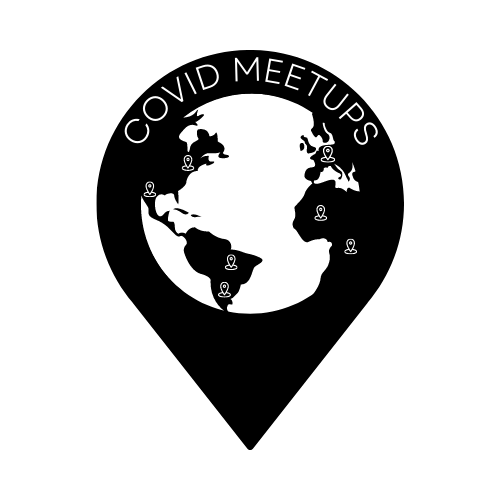Relational, Trauma -Informed and Social Justice Oriented Psychotherapy
Sessions Currently Health Online MA residents Only
Renee Levant , LMHC. is a licensed psychotherapist who has a passion for walking alongside her clients as they explore ways to overcome obstacles, realize their strengths, and thrive. Her approach is always relational and personalized to combine insight-oriented and outcome-based approaches according to clients’ needs and goals. She is accessible, warm, attentive, genuine, and direct
“I have worked with people trying to reignite their creativity, people working with challenges in relationships and families, those dealing with racial trauma or identity, those navigating institutions and organizations, and those managing panic attacks, depression, or the impact of past trauma on present experience.”
What was your path to becoming a therapist?
I have spent my life working with people in one helping capacity or another. I taught college classes in philosophy and ethics. I also ran a center for immigrant families and gang youth, helping them navigate the experience of being in and experiencing all life’s joys and hardships from two different cultures. As an NLP practitioner and trainer, I assisted folks who wanted all kinds of change and those who wanted to be better change agents. I have worked with people trying to reignite their creativity, people working with challenges in relationships and families, those dealing with racial trauma or identity, those navigating institutions and organizations, and those managing panic attacks, depression, or the impact of past trauma on present experience. My work has required me to look at my own life challenges and I have been grateful to have had some really excellent psychotherapists. More so than any of the training I have taken, it is through being a client that I learned to be a good therapist.
What should someone know about working with you?
I believe clients experience me as very accessible, warm, attentive, direct, and, sometimes, even fun. I find that most clients do best with more interaction but some just need to feel seen and heard. Exactly what that looks like is always very unique. In the beginning, my goal is to learn about you and your world. In entering my client’s world, I have found that, even at their lowest, people have an amazing ability to connect and heal. What matters is that we work together to define what a successful outcome looks like and how we can recognize that success. I always leave therapy in awe of what my clients accomplish and I am honored to be a part of their journeys.
How do your core values shape your approach to therapy?
People’s lives are a whole; their psychological issues cannot be separated from their life circumstances, such as class background, race, age, gender, sexual identity, disability, and so on. I particularly welcome BIPOC clients and people of mixed race as I am, and I especially welcome those who are neurodiverse or who live with complex medical issues and disabilities. My previous career as a college professor gives me special insight into concerns that arise for members of college communities and their families. Additionally, I have deep respect for religious and spiritual traditions and the role they can play in healing (and, sometimes, in wounding). I know that many people’s life values do not involve religion. I'm very comfortable working with them, too. As in phenomenology, in psychotherapy, the job of the therapist is to enter into and learn the client’s world.
Anything else you want to say to potential clients?
Well yes: We are living in interesting times, as they say. And so, we all need extra support and assistance figuring out how to manage our emotions, relationships, finances, and health and making sense of ourselves and our life’s journey during all the discomfort and uncertainty of life. This is a good time to be in counseling. As a client, I have found initial sessions challenging. It really helps to remember that you are in charge of what we do and you are in charge of the pace at which we work
. As long as you communicate what you’re feeling about the therapy sessions, it will work. Or, if for some reason we discover that you would be happier working with someone else or some other sort of changework, I'd be happy to help you find what you need. The awesome thing about therapy is that, while it is a real relationship, it is all about you; you do not have to worry that what you say or do not say in therapy will have a negative impact on your life. It's kind of magic: Two imperfect people meet and focus on one person (the client) and somehow change happens. And that change is not dependent on your having some superpower. It is worth saying again: I have found that, even at their lowest, people have an amazing ability to connect and heal. I truly do find myself in awe of what my clients have accomplished and feel truly honored to be part of their journeys.
“I particularly welcome BIPOC clients and people of mixed race as I am, and I especially welcome those who are neurodiverse or who live with complex medical issues and disabilities.”


